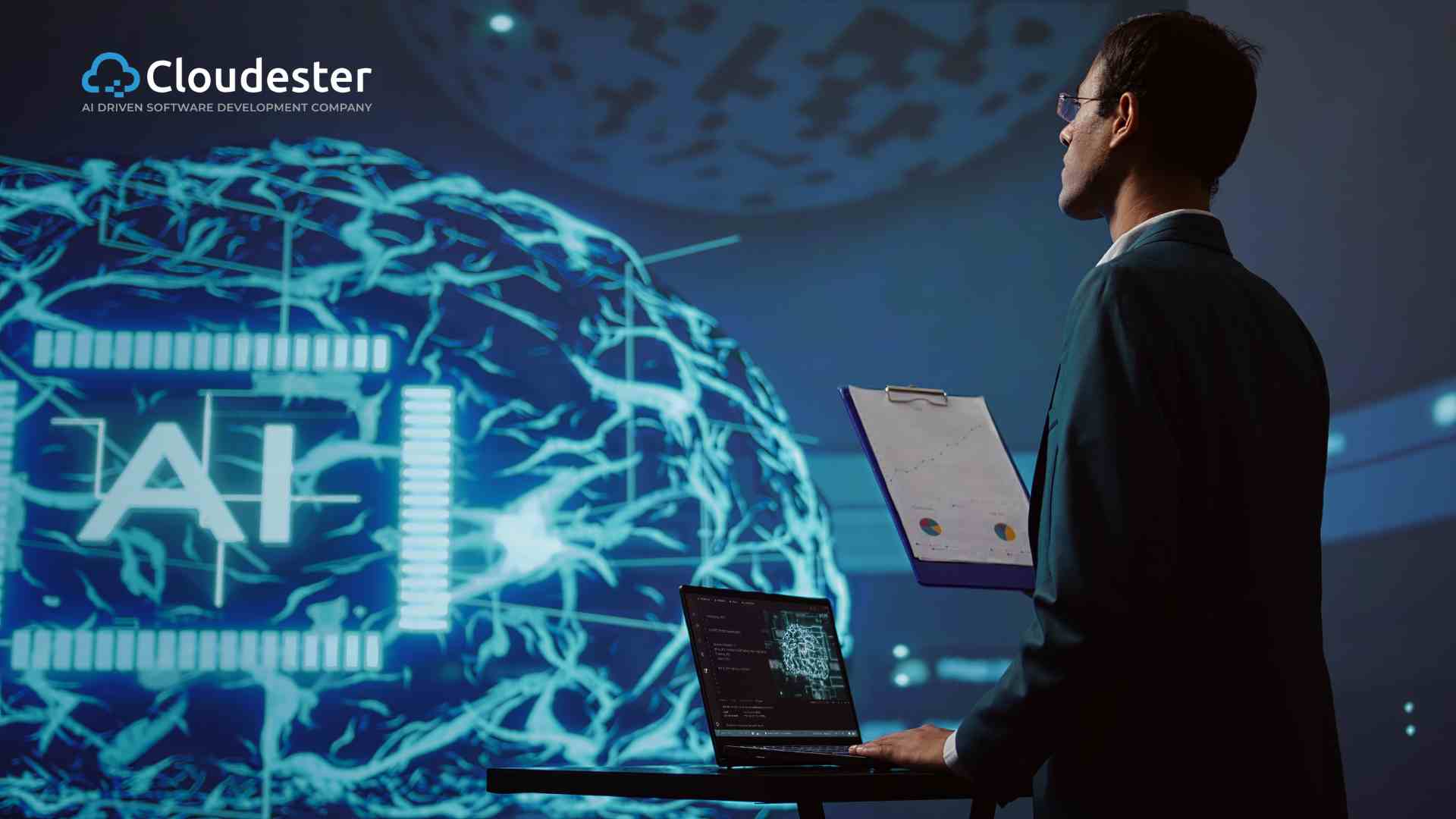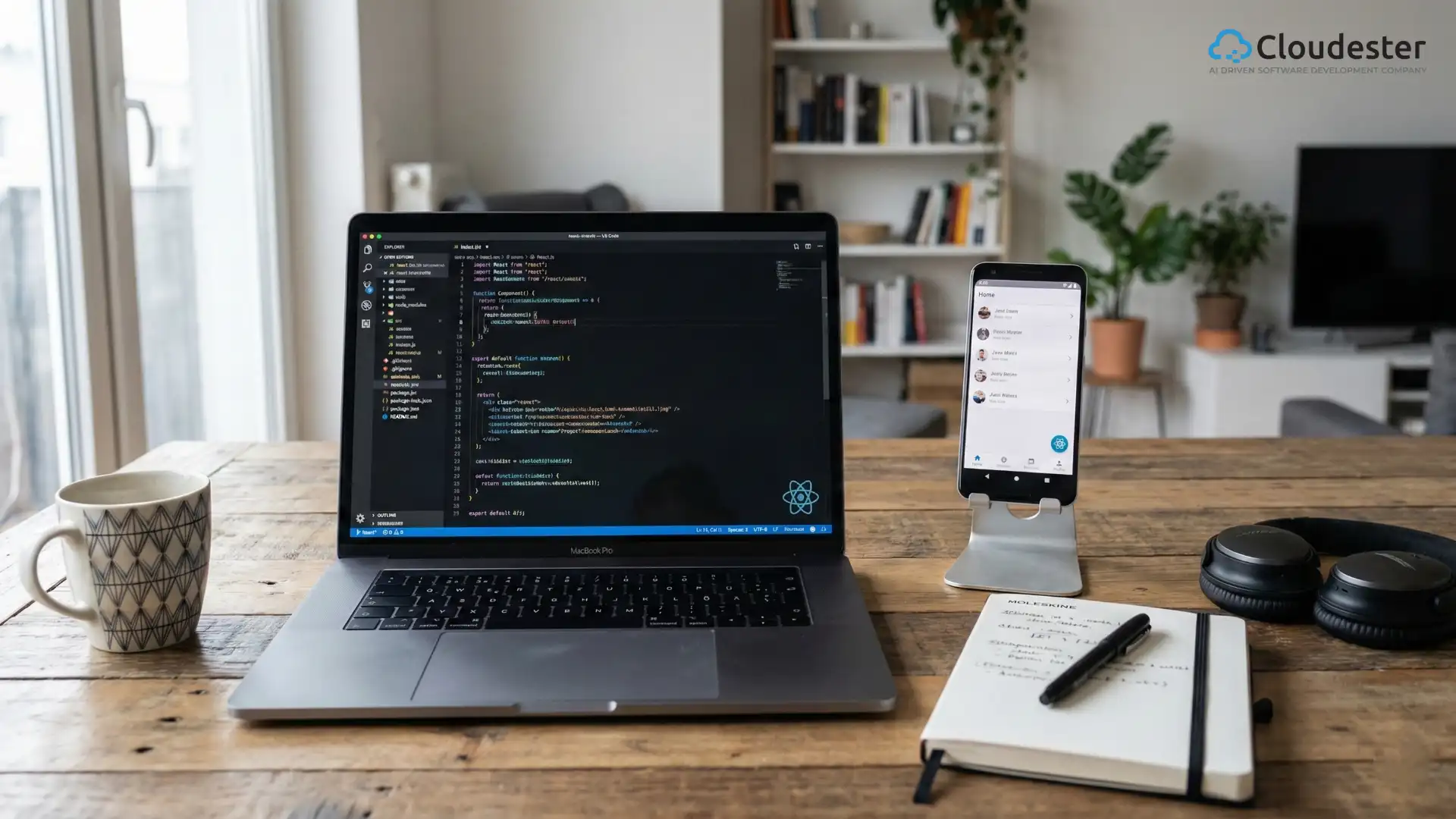The Importance of DevOps in AI Backend Development: A 2025 Perspective
Using artificial intelligence (AI) in technology is becoming super important for companies that want to stay ahead of the game. Think of AI backend developers as the builders behind the scenes. They create the parts of apps that make everything work smoothly and efficiently. But building AI systems can be tricky! It often needs a lot of teamwork and quick changes to make sure everything runs well.
This is where DevOps comes in. DevOps is all about bringing different teams together, like the builders (developers) and the ones who keep things running (operations). By working together, they can make developing and launching AI systems easier and faster. In this blog post, we will explore how DevOps can help AI backend developers create amazing applications!
What Is DevOps?
This is where DevOps comes in. DevOps aims to bring together different teams, like developers (who build the software) and operations teams (who keep everything running). By working together, they can make it easier and faster to develop and launch AI systems. This collaboration not only enhances the efficiency of the development process but also fosters innovation, allowing teams to quickly adapt to changing requirements and technologies. Ultimately, leveraging DevOps practices can lead to more reliable and scalable AI applications that meet user demands and drive business success.
What Is AI Backend Development?
AI backend development is crucial in technology, as it involves creating the server-side components that make AI applications work. This includes building the underlying systems that allow these applications to function effectively. Developers in this field focus on designing algorithms that enable machine learning, managing data flows, and ensuring that applications can process and analyze large volumes of information quickly. They also integrate various tools and frameworks, such as TensorFlow or PyTorch, to facilitate the development of intelligent features. Ultimately, effective AI backend development ensures that applications deliver accurate results and provide seamless user experiences.
What Do AI Backend Developers Do?
AI backend developers are like architects and engineers for software. They design and implement the algorithms that power AI features, manage data flow, and ensure machine learning models are smoothly integrated into applications. Their work is essential because it provides the foundation for how AI applications process data and generate insights.
When you use an AI-powered app, like a recommendation system or virtual assistant, many things happen behind the scenes. AI backend developers ensure that algorithms access the right data, process it quickly, and deliver accurate results to users. They often use programming languages like Python, Java, or C++ and frameworks like TensorFlow or PyTorch.
Custom AI Software Development Solution For Enterprises
Challenges in AI Backend Development
Even though AI backend development is exciting, it has its challenges. Here are a couple of significant hurdles:
- Handling Large Amounts of Data: AI applications rely on vast datasets to learn and make predictions, so developers must create systems that can store, retrieve, and process this data efficiently.
- Ensuring Reliability: AI applications need to work consistently, even when loads change or unexpected issues arise. Developers must implement robust testing and monitoring practices to catch problems early and ensure the system can recover from failures.
The Role of DevOps in Software Development
DevOps in current digital space has become a vital approach that connects software development and IT operations. It encourages collaboration, speeds up processes, and ensures reliable software delivery, making it crucial for AI backend development. Here’s how DevOps plays a key role:
- Collaboration and Communication: DevOps breaks down the barriers between development and operations, promoting teamwork and shared responsibility throughout the software development life cycle. This is essential for AI backend development, where good cooperation ensures that the infrastructure supports AI applications effectively.
- Automation: Automating repetitive tasks like testing, deployment, and monitoring allows teams to focus more on innovation. Automation helps AI systems quickly adapt to new data and challenges without sacrificing quality.
- Continuous Integration and Continuous Deployment (CI/CD): CI/CD practices help developers integrate, test, and deploy new features or updates efficiently. For AI systems, CI/CD ensures that new algorithms or model updates are smoothly integrated, enabling faster innovation cycles.
- Monitoring and Feedback Loops: Continuous monitoring tracks AI system performance in real-time, while feedback loops allow developers to optimize models and infrastructure based on real-world data.
- Infrastructure as Code (IaC): IaC automates infrastructure management, allowing AI teams to quickly configure and scale environments for data-intensive applications.
- Enhanced Security: DevOps integrates security throughout development, ensuring AI systems are secure and comply with regulations.
Conclusion
DevOps improves efficiency, scalability, and reliability in AI backend development through collaboration, automation, and continuous improvement. However, challenges like cultural resistance, skill gaps, and system complexity must be addressed for successful integration. By adopting DevOps, organizations can speed up innovation and position themselves for long-term success in an AI-driven world. Contact us today to learn more!
FAQs
- What do AI backend developers do?
- AI backend developers build and maintain the server-side parts of AI applications, manage data flow, and integrate machine learning models.
- How can DevOps improve AI applications?
- DevOps practices like automated testing and continuous monitoring help ensure AI applications work correctly and efficiently.
- What tools do AI backend developers use for DevOps?
- Common tools include Docker for containerization, Kubernetes for orchestration, Jenkins for CI/CD, and monitoring tools like Prometheus and Grafana.
- What are the benefits of continuous integration (CI) for AI backend development?
- CI allows developers to merge code changes frequently, ensuring the software is continuously tested and integrated, helping to find and fix bugs earlier.
- What challenges do AI backend developers face when adopting DevOps?
- Challenges include bridging the skills gap between traditional AI development and DevOps, managing the complexity of AI systems, and overcoming cultural resistance.
- Why is automation important in AI backend development?
- Automation streamlines repetitive tasks like testing and deployment, allowing developers to focus on solving more complex problems while ensuring faster delivery of AI applications.










